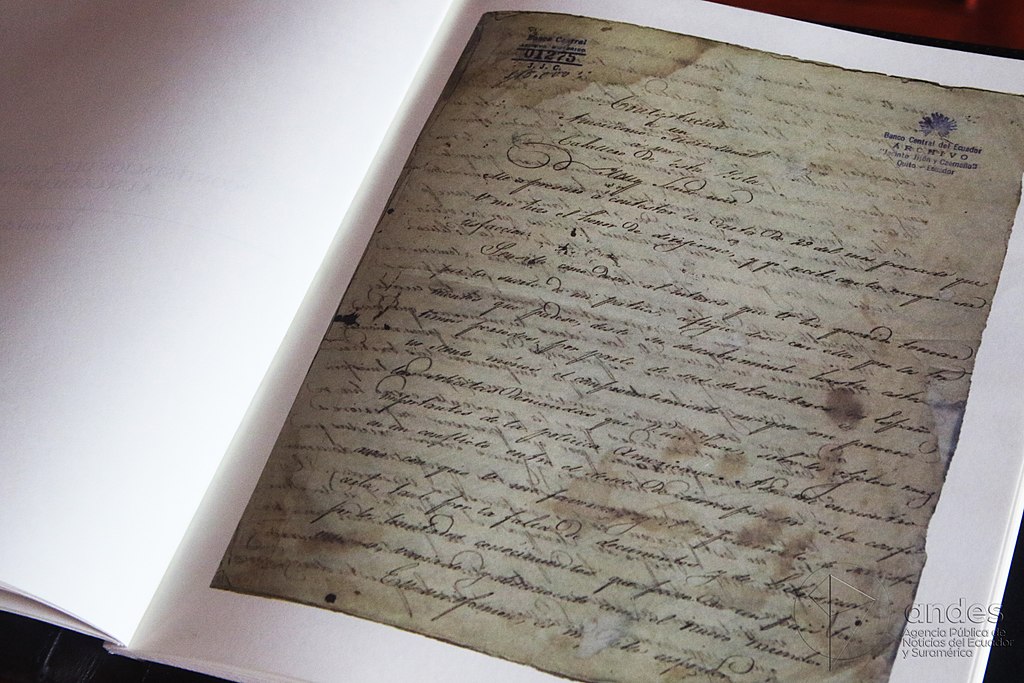
One of the most well known revolutionaries during the 1800s in Latin America was Simon Bolivar. Educated in Europe, Bolivar became a leading figure in the Venezuelan fight for independence against Spain. During the fight for independence, Bolivar was exiled in Jamaica for a time. The letter addressed Bolivar’s vision for the future of a Latin America that was free of Spanish imperialist control. In addition to Venezuela, Bolivar fought for independence for other Latin American countries such as Bolivia, Colombia, and Ecuador.
Having received a European education as a child, Bolivar was well versed in his understanding of different forms of governance as well as their effectiveness. In Bolivar’s letter, he proposed that Latin American countries should adopt forms of governance that prioritize the separation of power. He highlighted the British parliamentary system as a starting point for the separation of powers. What is particularly interesting about reading Bolivar’s wishes for the separation of powers is that his actions as a leader ended up being very different from what he proposed in his letter.
Specifically during his reign as an authoritarian dictator in Peru, Bolivar practiced almost none of the separated powers he advocated for just years earlier. Instead, Bolivar exerted his executive power and seemed to be caught up in his own prestige. It appears that Bolivar simply used representational government as a means to mobilize the people of Latin America against the Spanish. Once the Spanish had been overthrown, Bolivar rejected his previous statements about the separation of power and became an authoritarian leader.
Bolivar, Simon. “Document #1: ‘Letter from Jamaica,’ Simón Bolívar (1815).” Modern Latin America, 1815.
